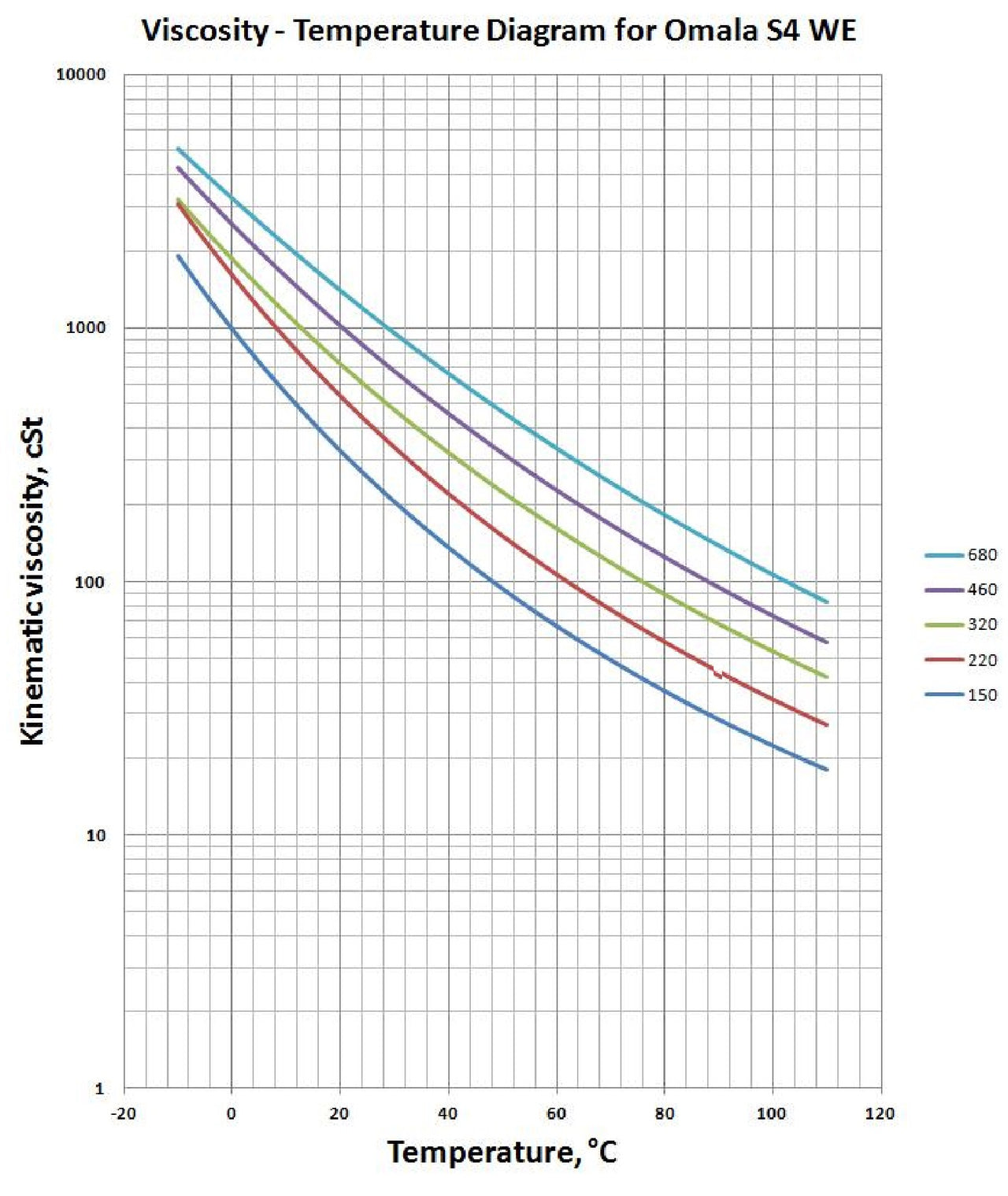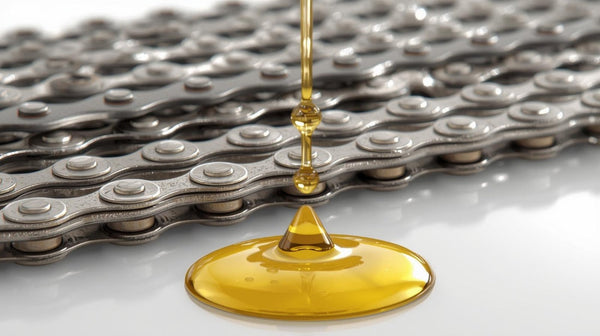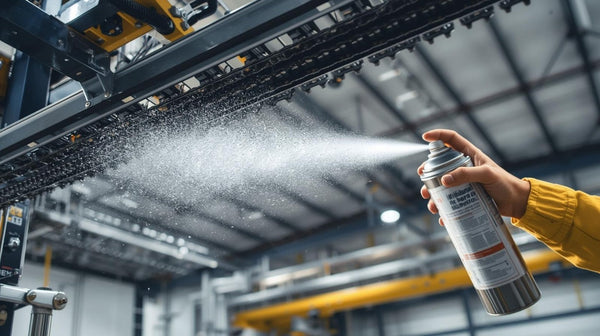Synthetic and mineral gear oils are the two main categories of oils used in machine gears and motor vehicles. Both types have their own unique features and benefits that should be considered when choosing the right grease for your application. The following text will allow us to compare both types of gear oils.
Composition and production:
- Mineral gear oils : They are made from refined base oils derived from crude oil. which contain different fractions of hydrocarbons. The refining process removes most of the impurities and contaminants, and adjusts the oil's viscosity and other properties to specific gear applications.
- Synthetic Gear Oils: These are formulated from a variety of synthetic base oils such as polyalphaolefins (PAO), esters or polyalkylenglycols (PAG). Their production requires advanced chemical processes, which makes them more technologically advanced than mineral oils.
Thermal properties and performance:
- Mineral gear oils: They have good thermal properties but are not as heat resistant as synthetic oils. In the case of extreme conditions, such as intensive work and heavy loads, they can be prone to degradation and oxidation.
- Synthetic gear oils: They are characterized by excellent thermal properties, which allows for effective operation in a wide range of temperatures. They are more stable under extreme conditions, which makes them ideal for applications that require heavy loads, high temperatures and fast operation.
Fluidity and Viscosity:
- Mineral gear oils: They have relatively good fluidity, but at lower temperatures they can change viscosity, which can make it difficult to distribute the lubricant at the beginning of operation. Their viscosity is lower than that of synthetic oils.
- Synthetic gear oils: They have better fluidity at lower temperatures, allowing them to reach all parts of the transmission faster and more efficiently. They have a higher viscosity, which translates into better load distribution and reduced friction.
Transmission efficiency and life:
- Mineral gear oils: Provides adequate protection for gears, but performance may be lower compared to synthetic oils, especially under demanding conditions.
- Synthetic Gear Oils: With their advanced lubricating and protective properties, they provide superior performance and longer gear life. They reduce wear, abrasion and corrosion, which is especially beneficial for heavy-duty machines and demanding applications.
Price and Availability:
- Mineral gear oils: They are typically less expensive than synthetic oils, making them more available and popular in many applications. They are an economical choice for those on a budget.
- Synthetic gear oils: They tend to be more expensive than mineral oils, which can affect the choice, especially for applications where a large amount of lubricant is required or frequent changes are required.
Summary:
Synthetic and mineral gear oils have their own individual characteristics and applications. The choice between them depends on the specific requirements of the application, budget and user preferences.
- Mineral oils are a good choice for standard applications and for those looking for an economical solution.
- Synthetic oils offer higher performance, better protection and are ideal for extreme operating conditions.
It is worth carefully analyzing the requirements of a given device or vehicle before deciding on the right type of gear oil.
















